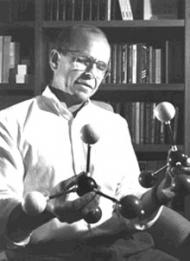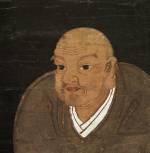Nichiren Buddhism (日蓮系諸宗派: Nichiren-kei sho shūha) is a branch of Mahāyāna Buddhism based on the teachings of the 13th century Japanese Buddhist reformer Nichiren (1222–1282).
Nichiren Buddhism is a comprehensive term covering several major schools and many sub-schools but all are based on the Lotus Sutra, which teaches that all people have an innate Buddha nature and are therefore inherently capable of attaining enlightenment in their current form and present lifetime. Nichiren Buddhists believe that the spread of Nichiren's teachings and their effect on practitioners' lives will eventually bring about a peaceful, just, and prosperous society.
The founder
From the age of 16 until 32, Nichiren studied in numerous temples in Japan, especially Mt. Hiei (Enryaku-ji) and Mt. Kōya, in his day the major centers of Buddhist study, in the Kyoto–Nara area. He eventually concluded that the highest teachings of Shakyamuni Buddha (563?–483?BC) were to be found in the Lotus Sutra. The mantra he expounded on 28 April 1253, known as the Daimoku or Odaimoku, Nam(u)-Myōhō-Renge-Kyō, expresses his devotion to that body of teachings. During his lifetime, Nichiren stridently maintained that the contemporary teachings of Buddhism taught by other sects, (particularly Nembutsu, Zen, Shingon, and Ritsu) were mistaken in their interpretations of the correct path to enlightenment, and therefore refuted them publicly and vociferously. In doing so, he provoked the ire of the country's rulers and of the priests of the sects he criticized; he was subjected to persecution which included an attempted beheading and at least two exiles. Some Nichiren schools see the incident of the attempted beheading as marking a turning point in Nichiren's teaching, since Nichiren began inscribing the Gohonzon and wrote a number of major doctrinal treatises during his subsequent three-year exile on Sado Island in the Japan Sea. After a pardon and his return from exile, Nichiren moved to Mt. Minobu in today's Yamanashi Prefecture, where he and his disciples built a temple, Kuon-ji. Nichiren spent most of the rest of his life here training disciples.


























